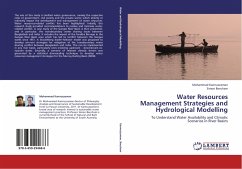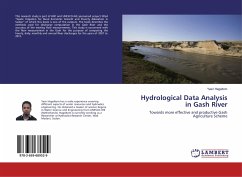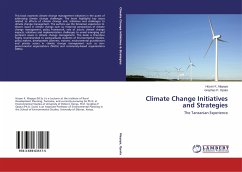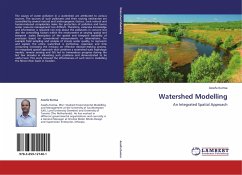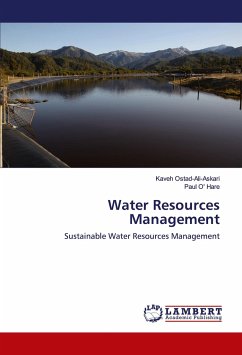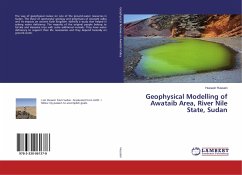The aim of this study is clarified water governance, namely the respective roles of government, civil society and the private sector which directly or indirectly impact the development and management of water resources. Water resources-related conflict has been highlighted. Initially, this research study provided recommendations to resolve and minimise water-related conflict. A case study of the Ganges River Basin is then presented, and in particular, the transboundary water sharing issues between Bangladesh and India. It includes the impact of the Farakka Barrage in the Ganges River Basin area which has led to conflict between the Ganges states since 1951. A Stackelberg leader-follower model was proposed to develop win-win strategies for mitigation of the transboundary water sharing conflict between Bangladesh and India. This can be implemented in any river basin, particularly ones involving upstream downstream co-riparian states. Secondly, a scenario of relevant climatic drivers was generated by a statistical downscaling technique to develop water resources management strategies for the Murray Darling Basin (MDB).
Bitte wählen Sie Ihr Anliegen aus.
Rechnungen
Retourenschein anfordern
Bestellstatus
Storno

